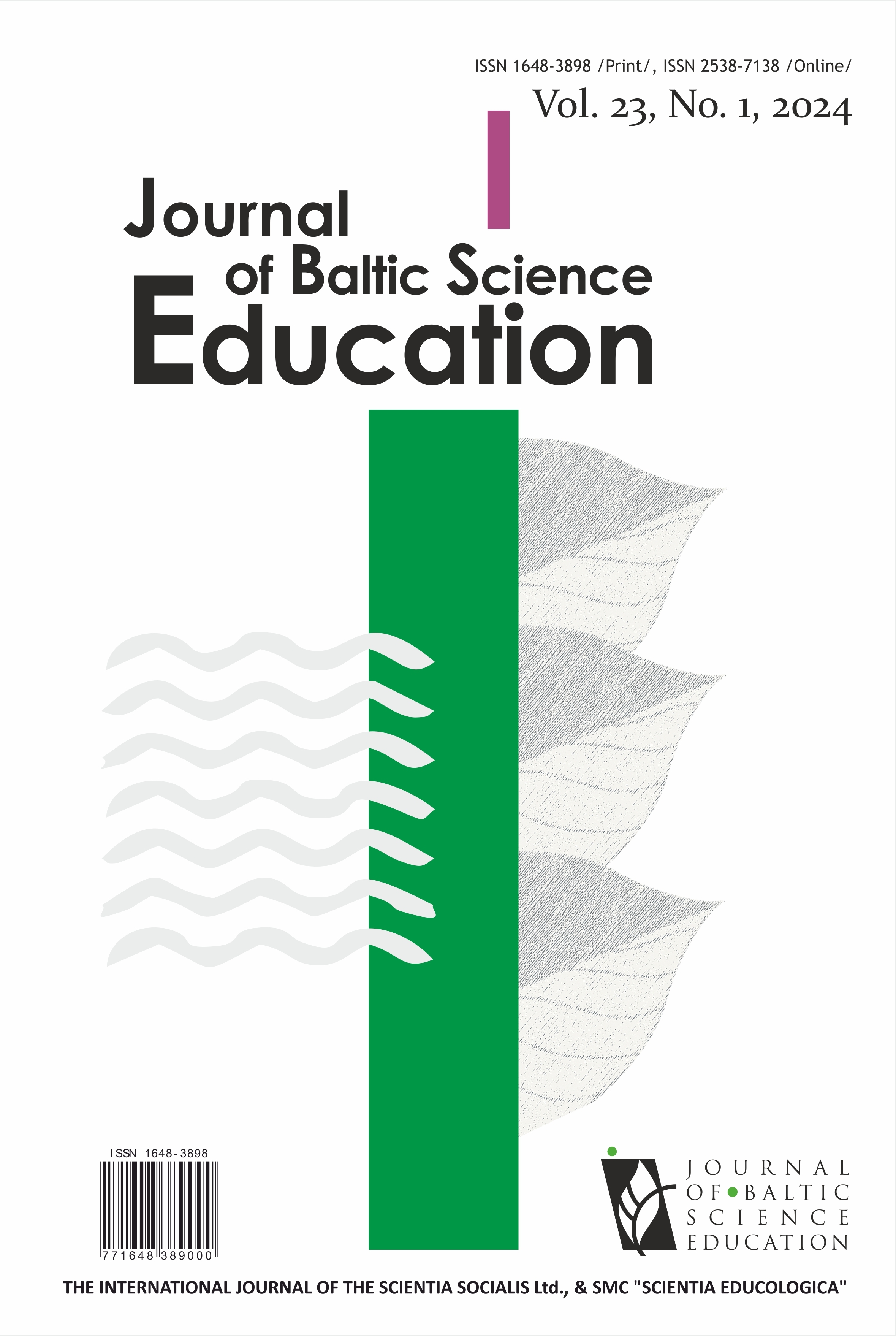THE EFFECTS OF STUDENTS’ STANDPOINTS IN ARGUMENTATION REGARDING SOCIO-SCIENTIFIC ISSUES
THE EFFECTS OF STUDENTS’ STANDPOINTS IN ARGUMENTATION REGARDING SOCIO-SCIENTIFIC ISSUES
Author(s): Yu-Ren Lin, Tzu-Ting WeiSubject(s): Social Sciences, Education
Published by: Scientia Socialis, UAB
Keywords: argumentation learning; science education; socio-scientific issue; student standpoint;
Summary/Abstract: This study examined the effects of students’ argumentation standpoints on their argumentation learning in the context of socio-scientific issues (SSIs). To that end, four kinds of argumentation standpoints were defined: affirmative standpoints, oppositional standpoints, multiple standpoints, and non-standpoints. These four kinds of standpoints allow for six possible combinations of any two of the different kinds of standpoints, which enabled us to conduct six kinds of 2-team format debates. The resulting differences of students’ four types of arguments (i.e., claims, warrants, rebuttals, and qualifiers) generated in six types of debates were examined. This study invited 208 10th-grade students to participate in a quasi-experimental research design. The results showed the affirmative group students demonstrated superior performance in terms of claims and warrants, and the oppositional group students had the largest number of rebuttals. The students in the debate with combinations of affirmative and oppositional groups exhibited the best performance regarding the generation of claims, warrants, and rebuttals. Based on the results, the present study concluded the standpoint had significant effects on the students’ argumentation learning, which suggests that teachers can investigate students’ standpoint on the learning topic of SSI and their prior knowledge about the standpoint before teaching.
Journal: Journal of Baltic Science Education
- Issue Year: 23/2024
- Issue No: 1
- Page Range: 104-118
- Page Count: 15
- Language: English

